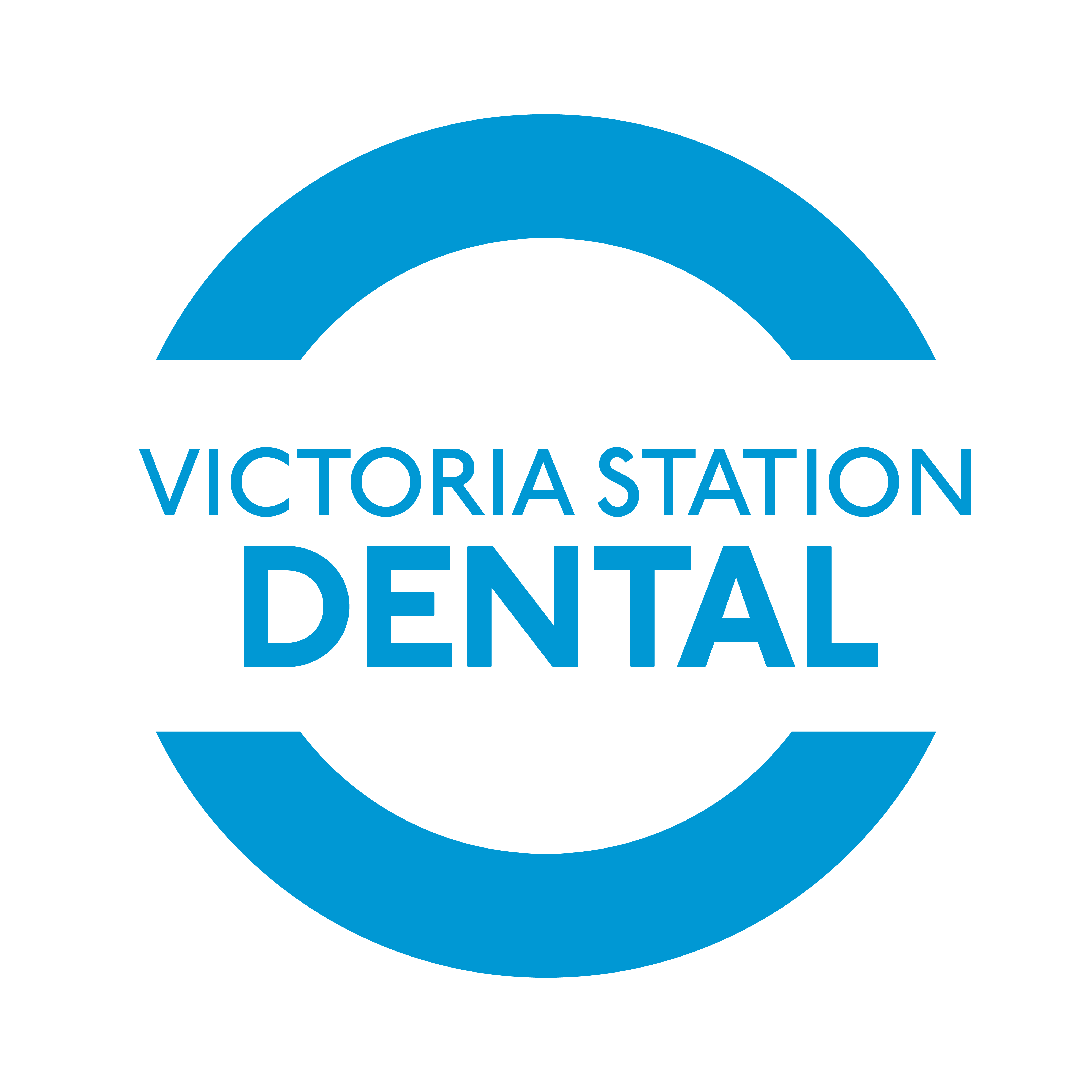TMD | Botox | Migraine
Victoria Station Dental
TMD | Botox | Migraine
Temporomandibular joint disorder (TMD) is a condition that affects the temporomandibular joint (TMJ), which connects the jawbone to the skull. TMD can cause pain, discomfort, and dysfunction in the jaw joint and the muscles that control jaw movement. Common symptoms include jaw pain, headaches, difficulty in chewing or opening the mouth, and clicking or popping sounds in the jaw.
How can Botox help?
Botox (Botulinum Toxin Type A) is a neurotoxin that can be used as a therapeutic treatment for TMD. While Botox is commonly known for its cosmetic applications, it has been found to provide relief for individuals with TMD by targeting the muscles associated with jaw movement. Here’s how Botox can help with TMD:
- Muscle Relaxation: Botox works by temporarily blocking nerve signals to the muscles, causing them to relax. In the context of TMD, it can be injected into the jaw muscles to alleviate tension and reduce muscle contractions that contribute to jaw pain and discomfort.
- Pain Relief: By relaxing the muscles associated with jaw movement, Botox helps to reduce pain and discomfort associated with TMD. This can be particularly beneficial for individuals experiencing chronic jaw pain or headaches related to jaw muscle tension.
- Improved Jaw Function: Botox injections can improve jaw function by reducing muscle hyperactivity and allowing for smoother and more comfortable jaw movements. This may help individuals regain normal jaw function and alleviate issues such as difficulty in opening the mouth or chewing.
- Prevention of Teeth Grinding (Bruxism): In some cases, TMD is associated with teeth grinding or clenching, especially during sleep. Botox injections can help relax the muscles responsible for these actions, potentially reducing the impact of bruxism on the TMJ.
It’s important to note that while Botox can provide relief for TMD symptoms, it is not a permanent solution. The effects of Botox are temporary, typically lasting for a few months. Repeat injections may be necessary to maintain the therapeutic benefits.
How Can a Nightguard (Bruxism Appliance) Help?
As a barrier between the teeth, the nightguard (bruxism appliance) can help to avoid future damage to the teeth. It also helps to ease the pain by reducing the amount of clenching and grinding force.
- Preventing Tooth Damage
a) Worn enamel
b) Cracked or broken teeth
c) Damaged or fractured dental work
d) Tooth sensitivity
- Helps in Preventing Morning Headaches/Migraines
- Eases Symptoms of TMJ Disorders (TMD)
We can help
Individuals considering Botox for TMD should consult Dr. Jenny Doerksen who has experience in administering Botox for therapeutic purposes. A thorough evaluation of the individual’s condition and a customized treatment plan can help determine the appropriateness of Botox as part of TMD management.
